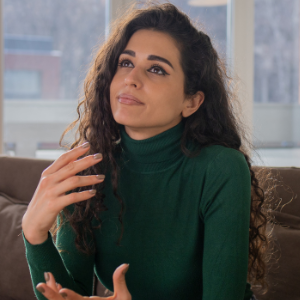 Counselling and Psychotherapy set up a relationship between two people; It's a particular type of relationship but in its own way it can be deeply intimate. Research has indicated that it is the relationship that is the most healing part of therapy. For that reason, it's really important that you find the therapist that is right for you.
Counselling and Psychotherapy set up a relationship between two people; It's a particular type of relationship but in its own way it can be deeply intimate. Research has indicated that it is the relationship that is the most healing part of therapy. For that reason, it's really important that you find the therapist that is right for you.
Qualifications
First of all, make sure you are dealing with a properly qualified therapist, qualifications and approaches are diverse but ethical therapists belong to a professional organisation. BACP and UKPC are common ones but there are others. It’s OK to ask a therapist which body s/he belongs to
Consultations
Many therapists offer a free consultation: book a few consults and see where you feel most safe and comfortable. Therapy is expensive, you wouldn’t make a big purchase without shopping around, accessing more than one consult is a way of shopping around.
In therapy
Ask questions, if you don’t understand something, if you don’t feel as if what is happening is useful or relevant, if you expected something that is not happening – ask. An ethical therapist will welcome your questions
Have an idea of where you want to get to with your therapy; it might change and often does but it’s a useful starting point.
Hard though it is, be totally honest with your therapist
Finally, Don’t expect therapy to be “done to you” Therapists listen to your story, help you to make sense of your thoughts feelings and behaviours so that you have choices about what to do next. Therapy is not a magic bullet, and one size does not fit all. You are the best person to decide what is the best way forward for you, the therapist is there to help you clear your mind and recognise what you want and what you need. Reflecting on your sessions between sessions will help you to make progress.
